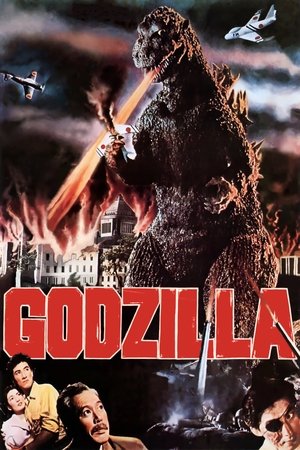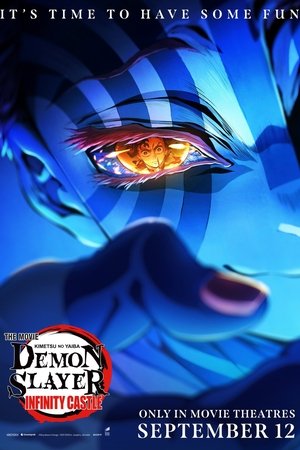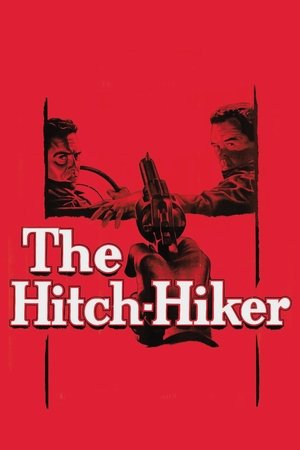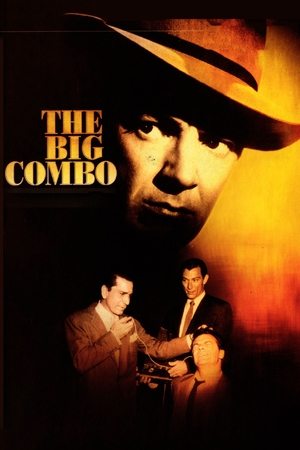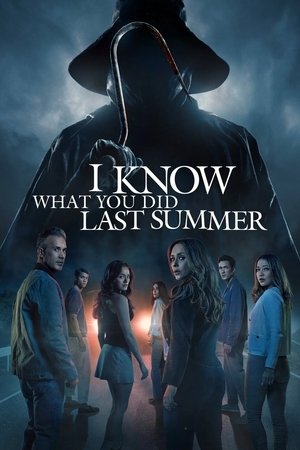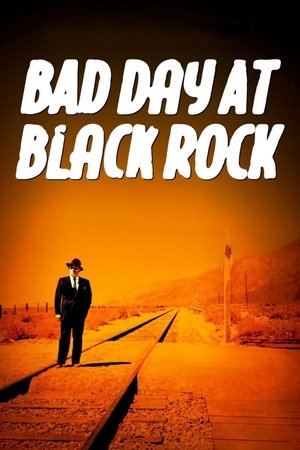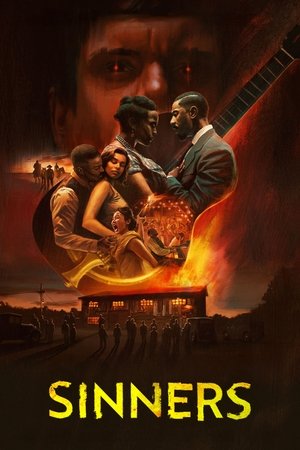Strangers on a Train (1951)

| Director | Alfred Hitchcock |
| Cast | Al Bridge, Al Hill, Alfred Hitchcock, Anthony Redondo, Barry Norton |
| Year | 1951 |
| Country | USA |
| Genres | Crime, Thriller |
| Duration | 101 min |
| Release | 27 Jun 1951 |
| Language | Français |
| Revenue | $7,000,000 |
| Trailer | Watch Trailer |
Synopsis
Having met on a train, a smooth-talking psychotic socialite shares his theory on how two complete strangers can get away with murder to an amateur tennis player — a theory he plans to test out.
In the world of classic thrillers, few films capture suspense and intrigue quite like “Strangers on a Train.” Released in 1951, this Alfred Hitchcock masterpiece continues to captivate audiences with its unique blend of psychological tension and moral complexity. The film tells the story of an encounter that could change the course of two lives forever. When a charming yet menacing socialite, Bruno Antony, meets amateur tennis player Guy Haines on a train, he proposes a chilling idea: two strangers could exchange murders and eliminate problems in their lives without facing the consequences. It’s a theory that Bruno seems disturbingly eager to put to the test.
“Strangers on a Train” is a film that thrives on its gripping narrative and compelling performances. With a runtime that keeps viewers on the edge of their seats, the movie explores themes of guilt, manipulation, and the thin line between sanity and madness. Hitchcock’s direction is, as always, a masterclass in building tension, using every frame to heighten the suspense and draw viewers into the psychological chess game between the characters.
The film received a commendable rating on IMDb, standing tall with a 7.9 out of 10. This high rating reflects the film’s enduring appeal and the critical acclaim it garnered upon release. Hitchcock’s direction was pivotal in crafting this timeless piece, showcasing his unparalleled ability to weave narratives that linger in the minds of viewers long after the credits roll.
One of the most striking aspects of “Strangers on a Train” is its cast, who bring the complex characters to life with remarkable nuance. Farley Granger stars as Guy Haines, embodying the role of an ordinary man thrust into extraordinary circumstances. Opposite him, Robert Walker delivers a chilling performance as Bruno Antony, capturing the character’s charm and underlying menace with unnerving precision. Their on-screen chemistry is electric, making the tension between them palpable and the stakes of the narrative even higher.
The film’s supporting cast further enriches the story, with Ruth Roman playing Anne Morton, Guy’s love interest, who becomes entangled in the dangerous game Bruno initiates. Her performance adds depth to the narrative, highlighting the personal stakes for Guy and the impact of Bruno’s machinations beyond the two central characters.
Hitchcock’s direction is complemented by the film’s noir-inspired cinematography, which uses shadows and light to create an atmosphere of unease and mystery. The visuals are not only aesthetically striking but also serve to underscore the film’s psychological themes, making every scene a crucial piece of the puzzle.
“Strangers on a Train” is not just a thriller; it is a profound exploration of human psychology and the darkness that can lurk beneath the surface of seemingly ordinary individuals. The film’s genre, a blend of thriller and psychological drama, allows Hitchcock to delve into these themes with his signature style, creating a work that is both entertaining and thought-provoking.
For those interested in exploring more about this classic film, further insights and details can be found at Strangers on a Train (1951) This resource offers a comprehensive look at the film’s production, legacy, and its place within Hitchcock’s illustrious career.
In conclusion, “Strangers on a Train” remains a standout in the realm of classic cinema. Its intriguing plot, stellar performances, and Hitchcock’s masterful direction combine to create a film that is as compelling today as it was over seventy years ago. It invites viewers to question the nature of morality and the ease with which one can be drawn into a web of deception and peril. Whether you’re a longtime fan of Hitchcock or a newcomer to his work, this film offers a riveting experience that leaves a lasting impression.






